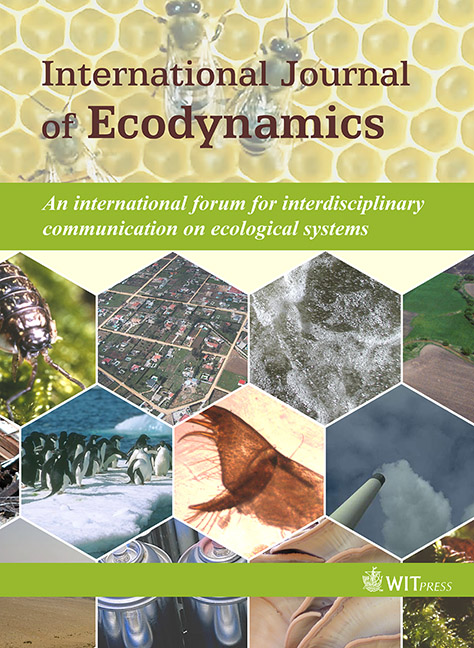Process ecology: A transactional worldview
Price
Free (open access)
Volume
Volume 1 (2006), Issue 2
Pages
11
Page Range
114 - 125
Paper DOI
10.2495/ECO-V1-N2-114-125
Copyright
WIT Press
Author(s)
R.E. Ulanowicz
Abstract
A traditional presupposition in science is that nature ultimately is simple and comprehensible. Accordingly, ‘theory reduction’ is a primary goal in much of ecosystems science — the belief, for example, that ecosystem development can be described by a single covering principle. Recently, however, the theory of complex adaptive systems has challenged the assumption that simplicity is ubiquitous. While students of complexity theory recognize individual constraints that orient ecosystem development, they are skeptical of the urge to identify a single, monistic principle that governs all ecosystem behavior. One approach, called ‘process ecology’, depicts ecosystem development as arising out of at least two antagonistic trends via what is analogous to a dialectic: one direction is the entropic tendency towards disorganization and decay, which can involve singular events that defy quantification via probability theory. Opposing this ineluctable drift are self-entailing configurations of processes that engender positive feedback or autocatalysis, which in turn imparts structure and regularity to ecosystems. The status of the transactions between the two trends can be gauged using information theory and is expressed in two complementary terms called the system ‘overhead’ and ‘ascendency’, respectively. Process ecology provides an opportunity to approach some contemporary enigmas, such as the origin of life, in a more accommodating light.
Keywords
ascendency, autocatalysis, centripetality, ecosystem networks, eleatic platonism, information theory, origin of life, process ecology, singular events, thermodynamics




